Ubuntu smartphone OS: Does it have viable business use?
We take a look at the Ubuntu smartphone OS, which will be available for Nexus handsets, and ask if it has the potential to be used in the business environment.
Canonical has unveiled plans to launch an Ubuntu smartphone OS. But in a world dominated by Android, iOS and Windows Phone 8, will it be able to offer the functionality that users are accustom to?
We take a look at some of the key features of the operating system, which will be based on the Linux kernel.
Why use Ubuntu on a smartphone?
According to Jane Silber, CEO of Canonical, the firm expects smartphones running Ubuntu to be popular in the enterprise market. The vision is that businesses will be able to provision employees with a single smartphone that will also be able to dock and be used as a PC. Canonical claims the thin-client capabilities will allow users to access legacy applications on Ubuntu, such as the Microsoft Office suite.
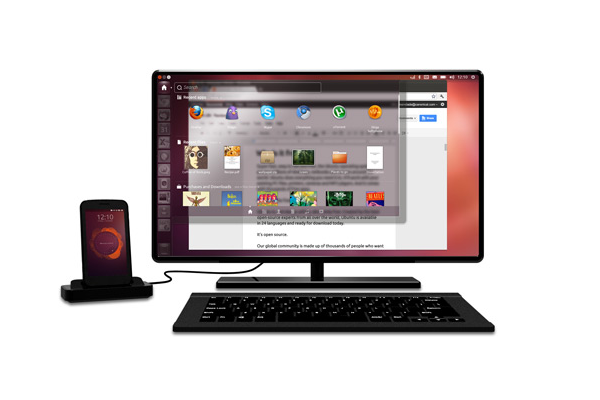
It's an interesting concept, but with businesses increasingly setting up BYOD policies and many employees opting for Android or iOS devices, Ubuntu is not going to be an overnight sensation.
Installation
Upon launch the OS is only likely to be used by developers and enthusiasts who have multiple devices to hand.
As Canonical is yet to partner up with an OEM to release an official device, the firm will make the Ubuntu OS available to download. Initially, users will require an Android device to run the OS in the form of the Galaxy Nexus.
This may seem ideal for those who want to take the OS for a test run, but there is a major sticking point at this time. The Ubuntu OS will lack dual-booting functionality so installing it will wipe Android from the device, including apps.
Get the ITPro daily newsletter
Sign up today and you will receive a free copy of our Future Focus 2025 report - the leading guidance on AI, cybersecurity and other IT challenges as per 700+ senior executives
Mark Shuttleworth, founder of Ubuntu and VP of products at Canonical told IT Pro that a dual-booting functionality "was not a priority" and hopes this will be something the developer community will address.
Code for use on other devices is also be expected to be made available. The minimum specifications to use the OS will be as follows:

Apps
There will be just five native applications available at launch - but the Ubuntu OS will also work with web-apps. Shuttleworth told IT Pro that using an emulator to port over Android apps would send the wrong message to developers. He also noted that no operating system would flourish using apps from another source. Although he has a point, the lack of apps still a major weakness.
-
 Cleo attack victim list grows as Hertz confirms customer data stolen
Cleo attack victim list grows as Hertz confirms customer data stolenNews Hertz has confirmed it suffered a data breach as a result of the Cleo zero-day vulnerability in late 2024, with the car rental giant warning that customer data was stolen.
By Ross Kelly
-
 Lateral moves in tech: Why leaders should support employee mobility
Lateral moves in tech: Why leaders should support employee mobilityIn-depth Encouraging staff to switch roles can have long-term benefits for skills in the tech sector
By Keri Allan
-
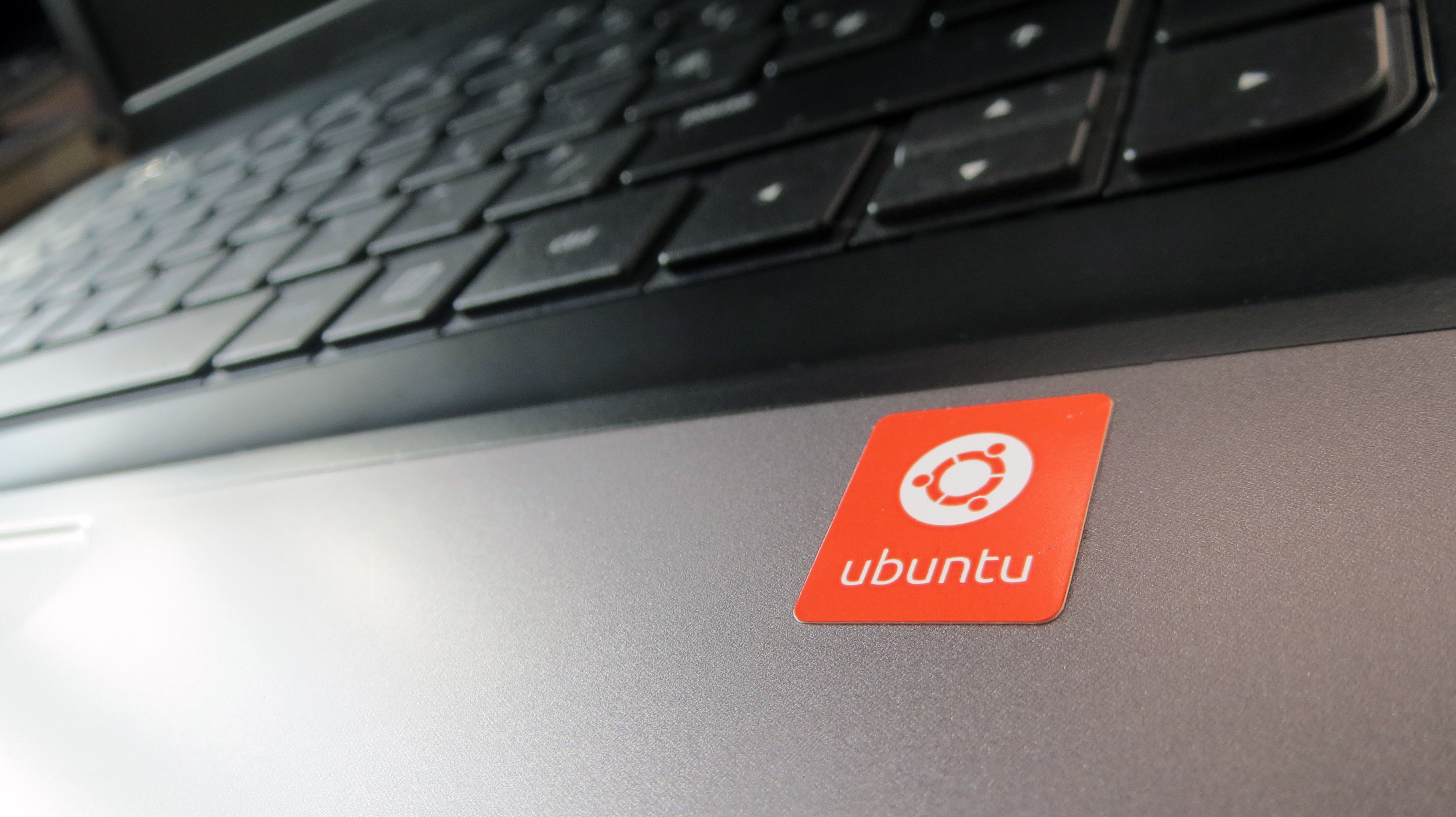 Canonical founder lays into “deeply anti-social” Mir-haters
Canonical founder lays into “deeply anti-social” Mir-hatersNews Going mainstream brings out those who “love to hate”, says Shuttleworth
By Rene Millman
-
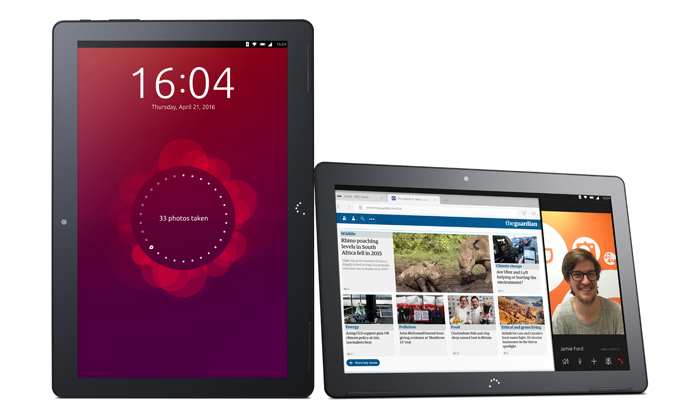 Ubuntu to drop Unity, kills off smartphones and tablets convergence plans
Ubuntu to drop Unity, kills off smartphones and tablets convergence plansNews Desktop Ubuntu will go back to Gnome
By Rene Millman
-
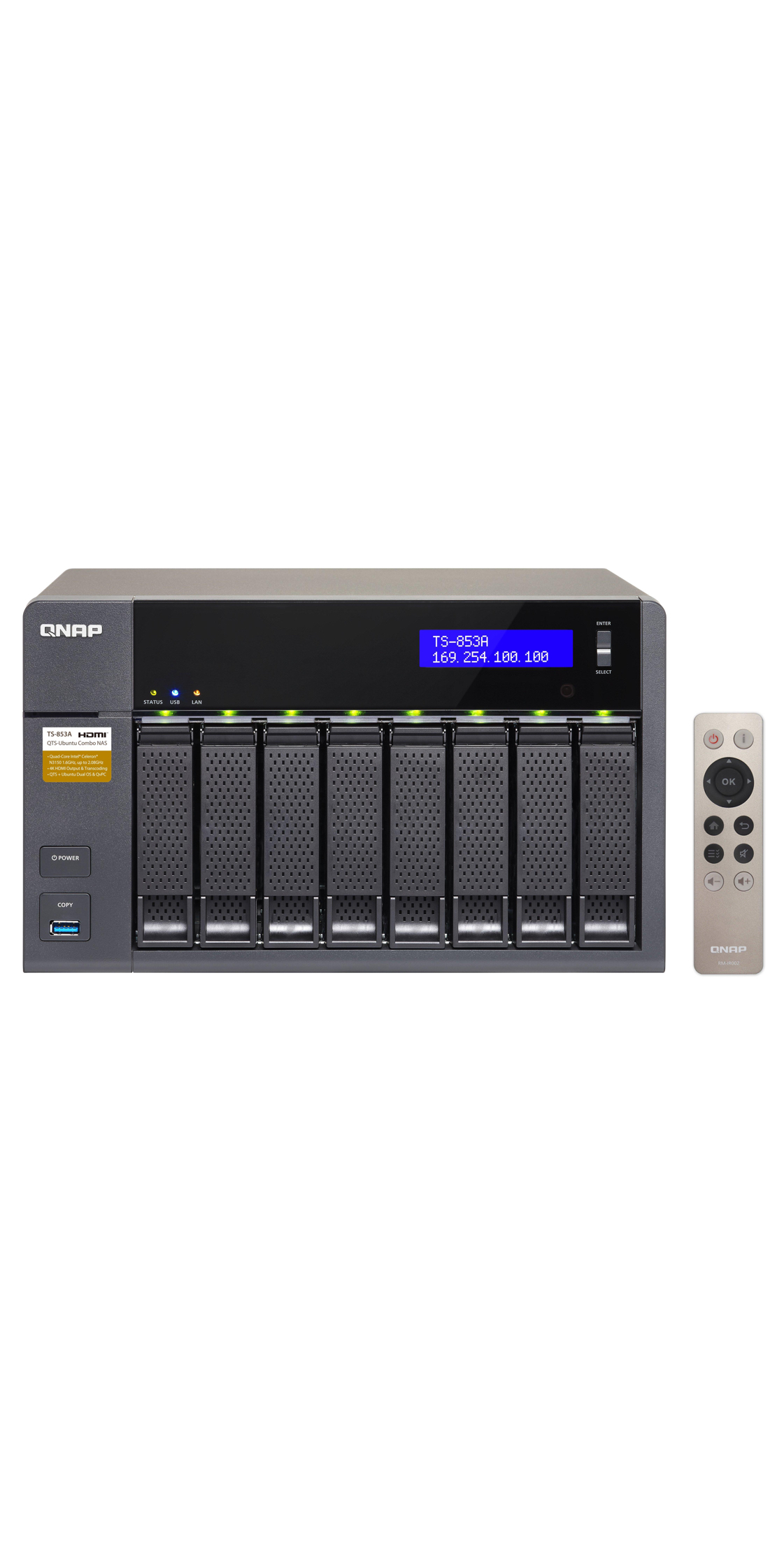
 Qnap TS-853A-8G review
Qnap TS-853A-8G reviewReviews This Ubuntu NAS will give you something to sing about
By Dave Mitchell
-
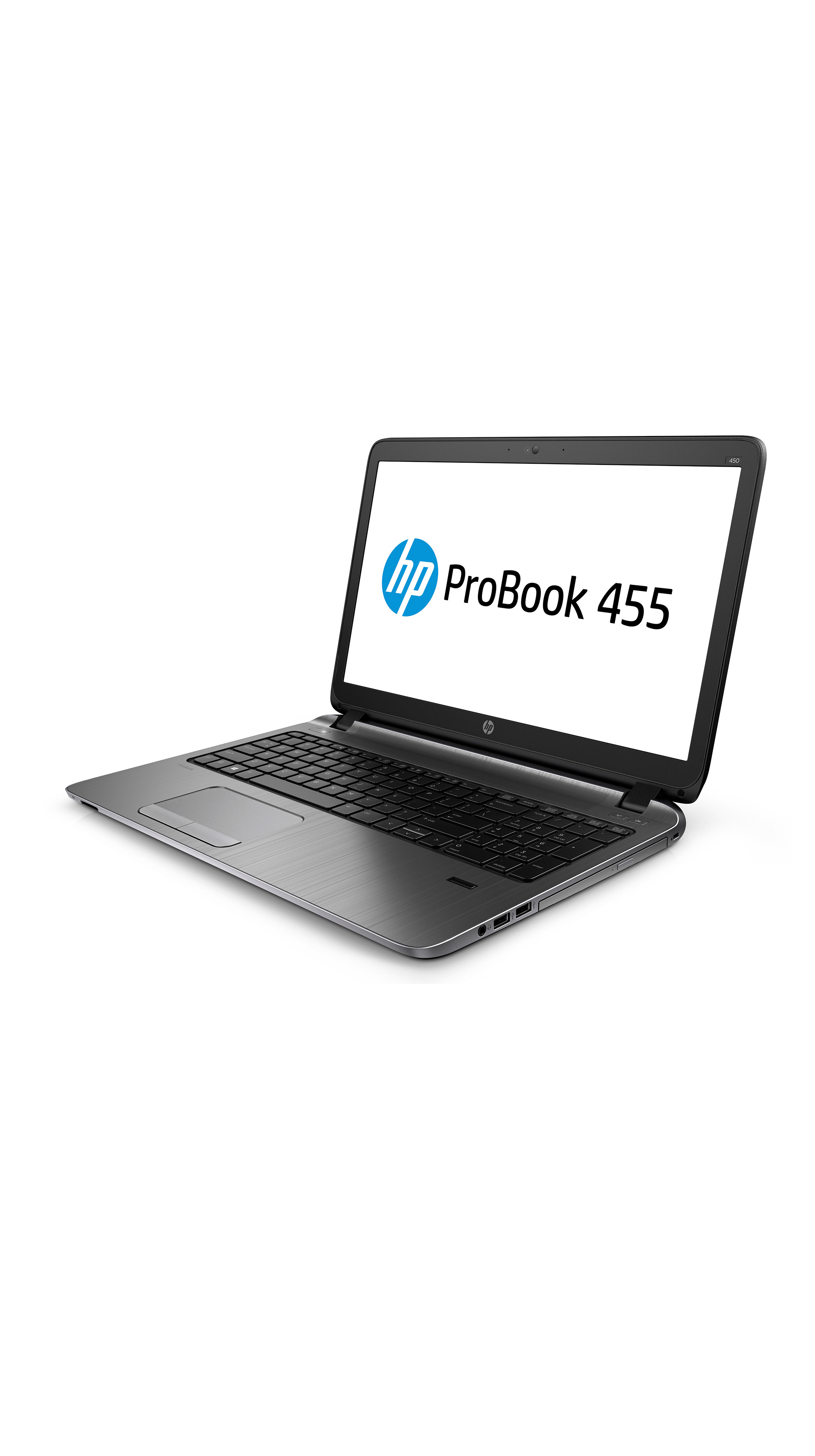 HP Probook 455 G2 Ubuntu review
HP Probook 455 G2 Ubuntu reviewReviews If you’re sick of Windows 10 already then try this Ubuntu-powered budget laptop
By Mike Passingham
-
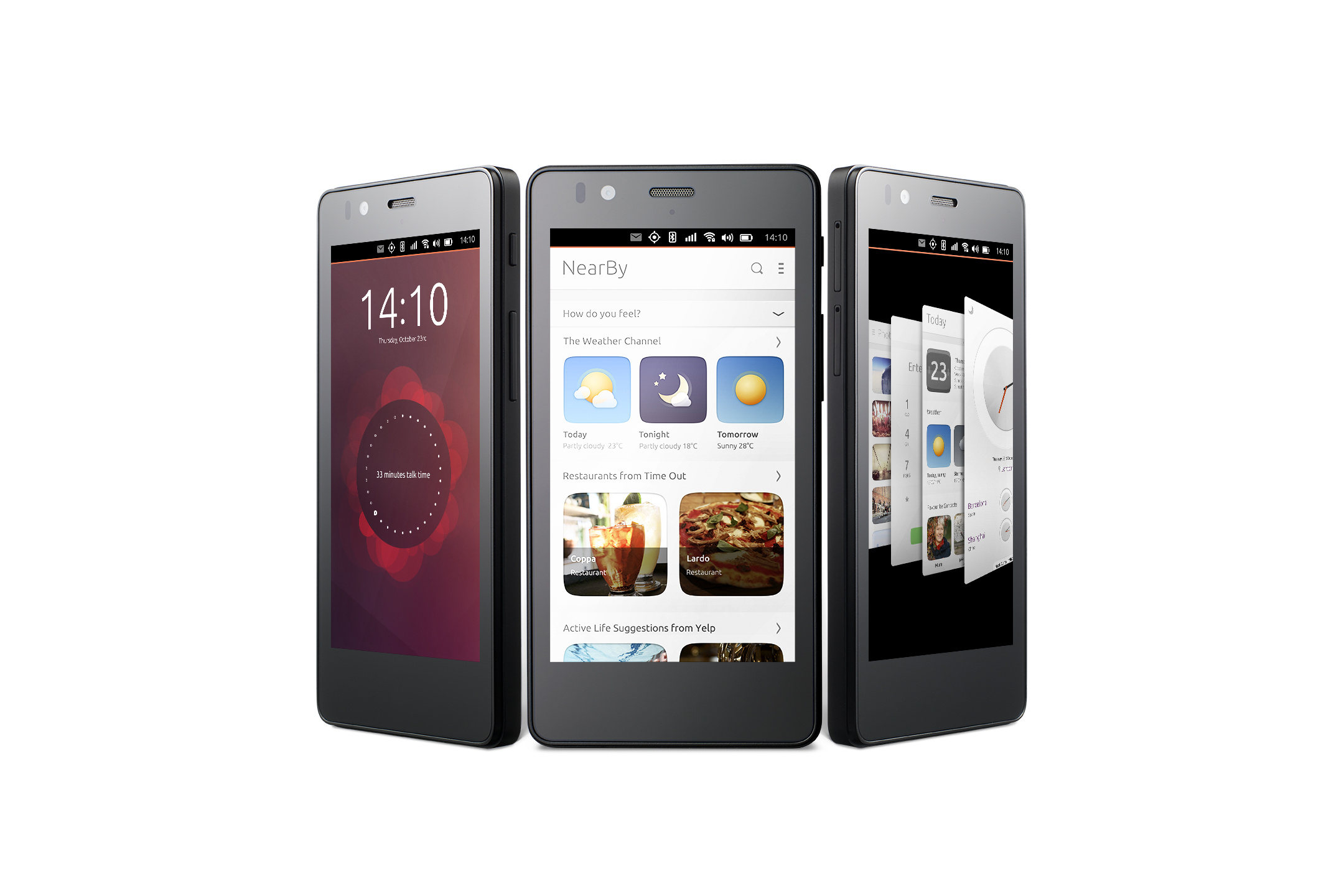 Ubuntu smartphone European release date due in February
Ubuntu smartphone European release date due in FebruaryNews Device running the open sourced OS will be manufactured by Spanish firm BQ and cost €170
By Khidr Suleman
-
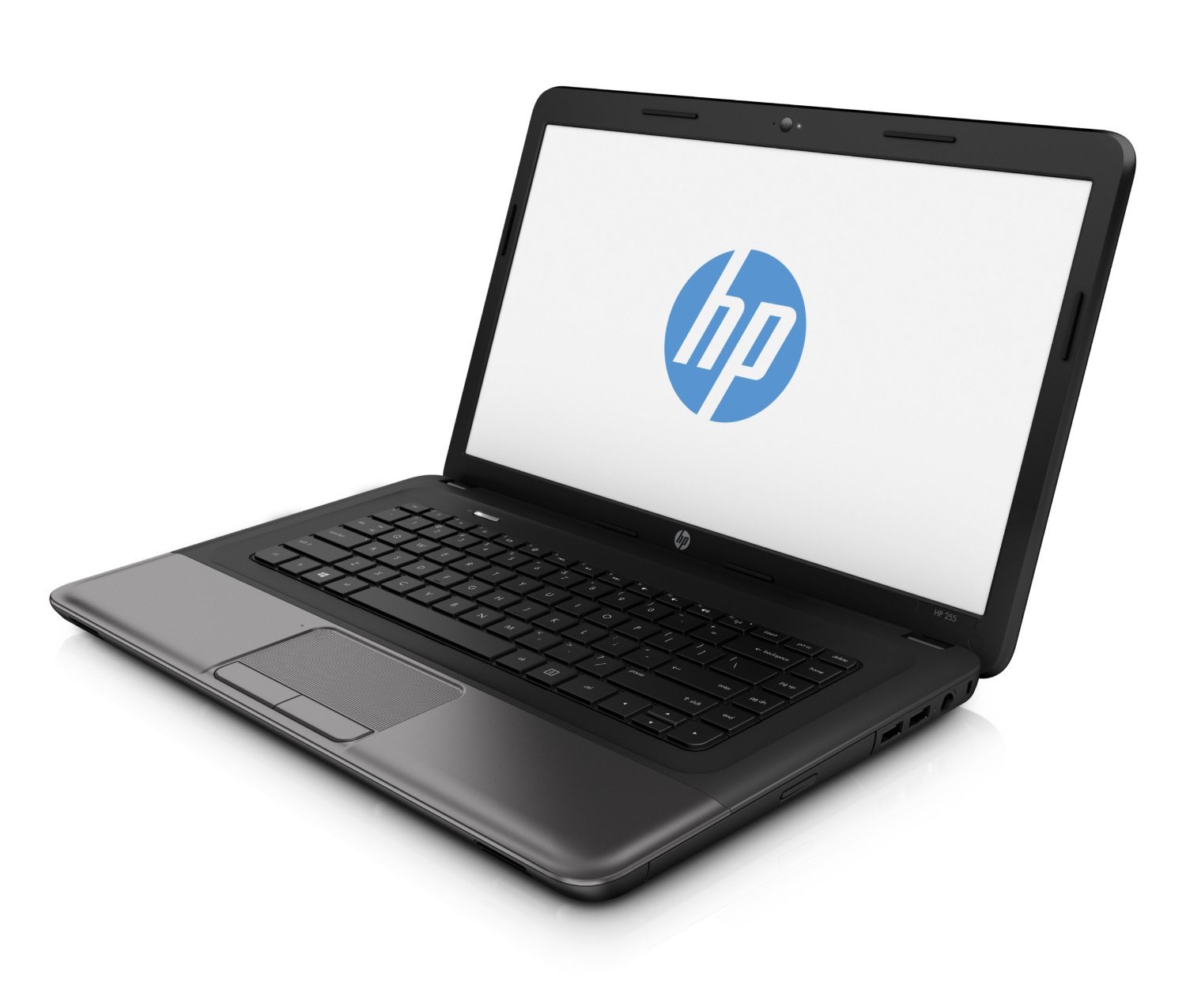 HP Ubuntu laptop (255 G1) review
HP Ubuntu laptop (255 G1) reviewReviews HP’s latest notebook saves money by ditching Windows for Ubuntu. Is your next notebook Open Source?
By Mike Jennings
-
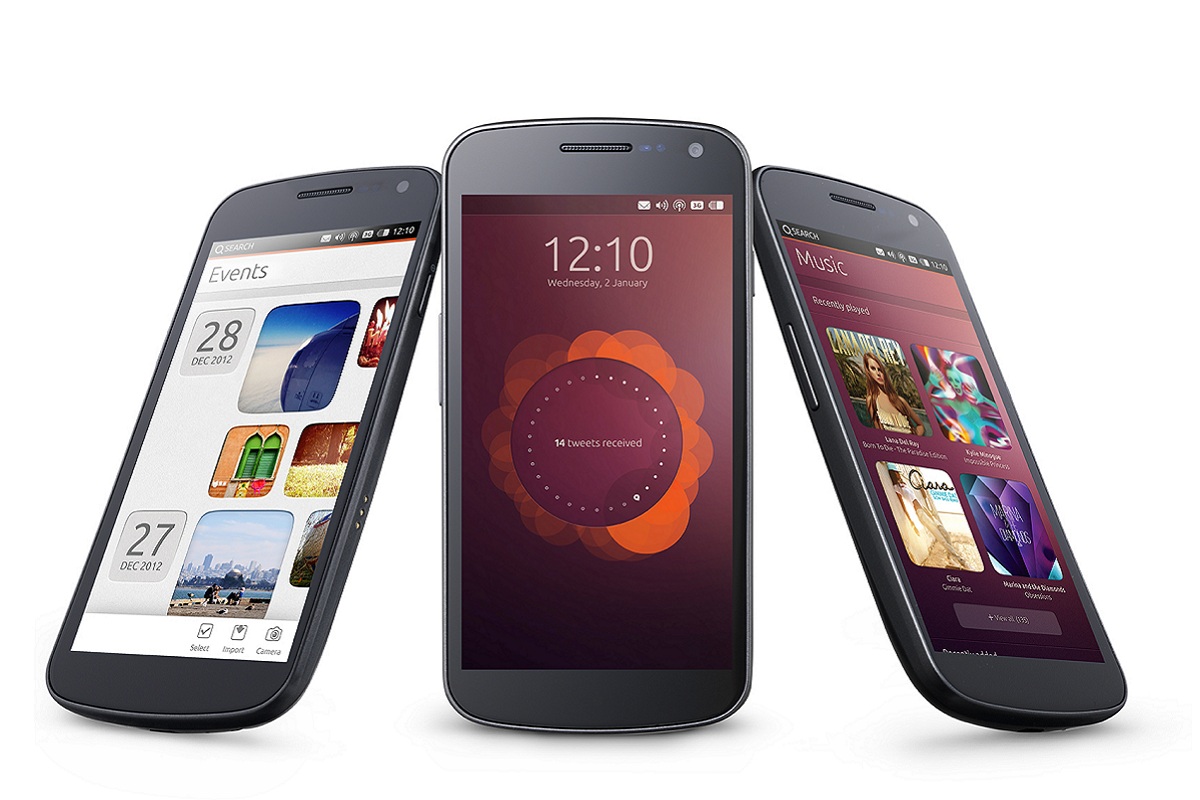 Canonical names first Ubuntu Touch smartphone makers
Canonical names first Ubuntu Touch smartphone makersNews Ubuntu developer finally names manufacturers helping make good on its smartphone ambitions.
By Caroline Donnelly
-
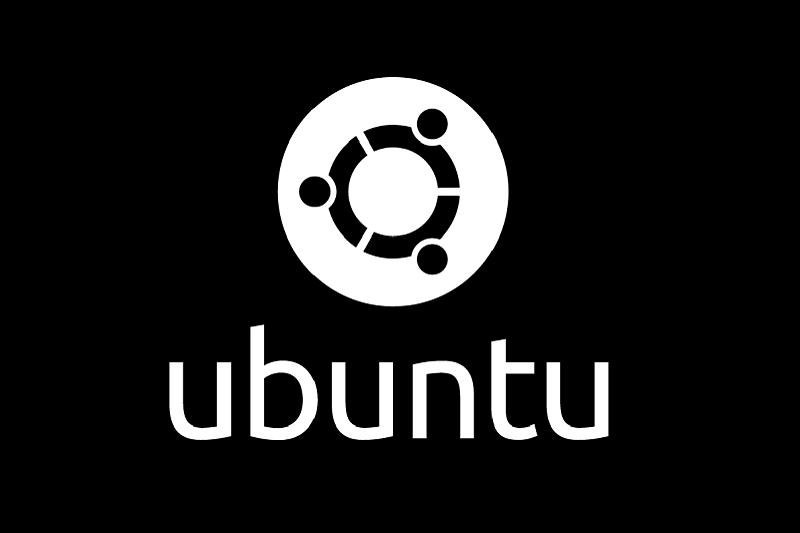 Ubuntu 13.10 desktop OS goes on general release
Ubuntu 13.10 desktop OS goes on general releaseNews Canonical unleashes latest version of desktop OS.
By Caroline Donnelly